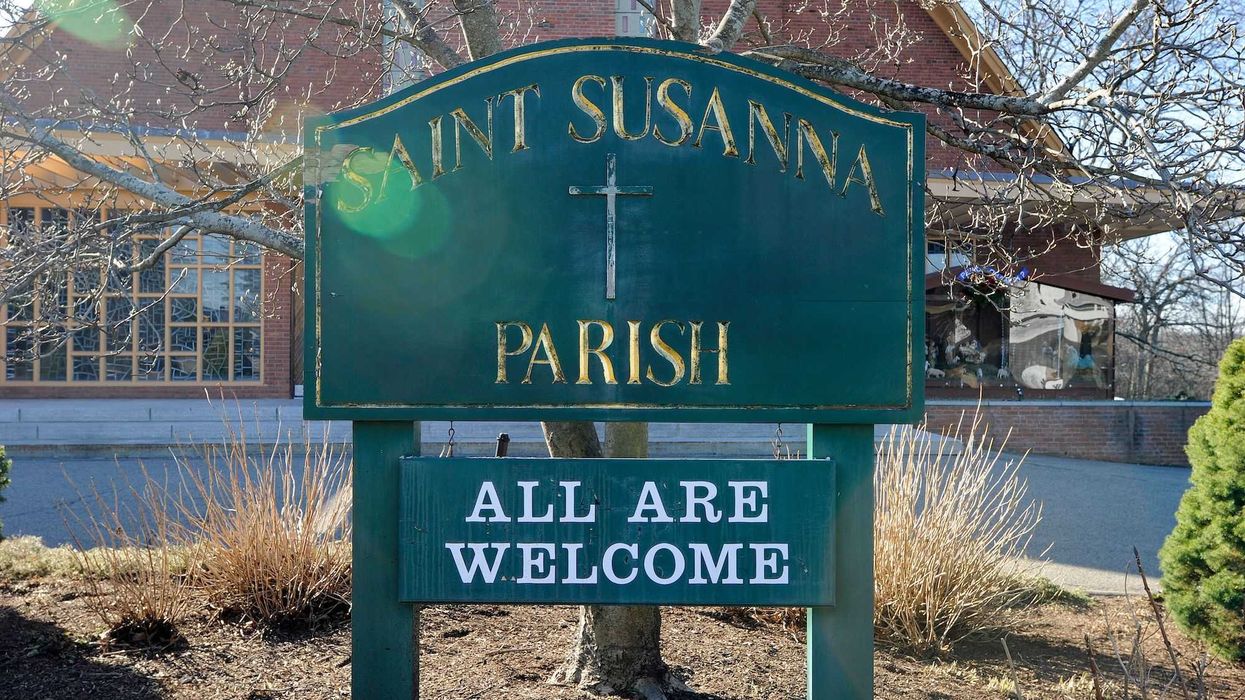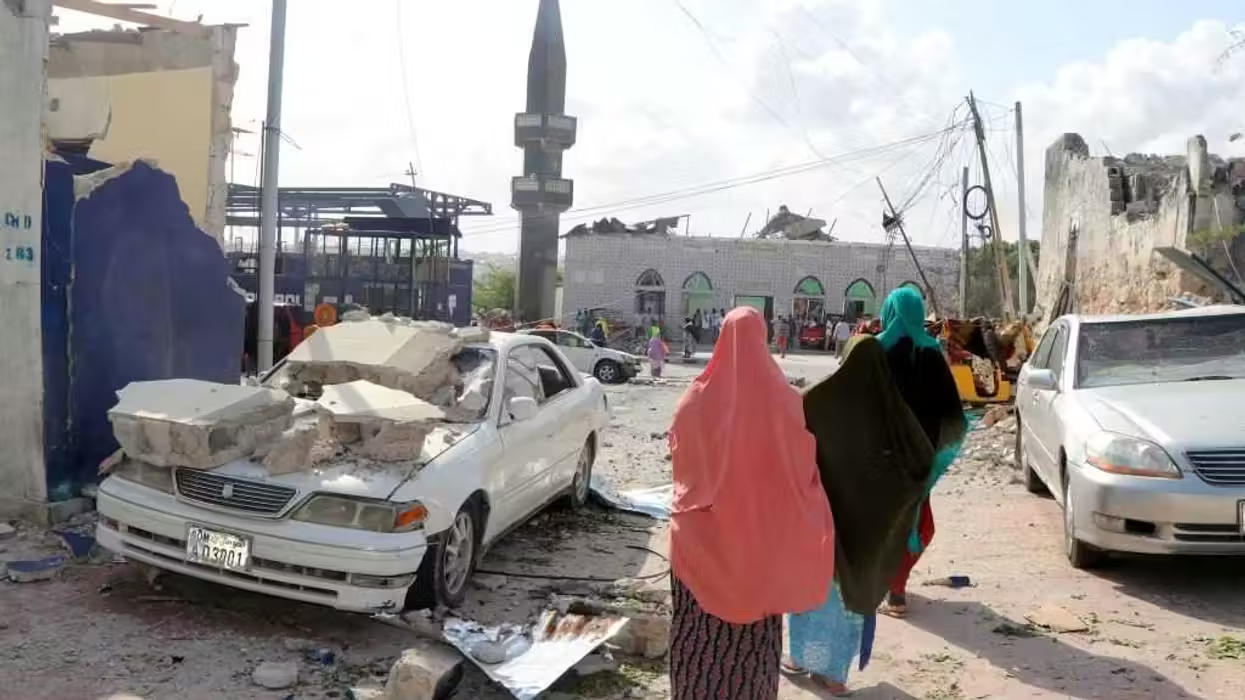The Arab Spring, at least when it comes to religious freedom, isn't yielding the bastion of free-thought and democracy that many world leaders once predicted. Just a few years ago, politicians and pundits were heralding disturbances in the Middle East as a potential first-step to improving human rights. But new information from the Pew Research Center is calling these claims into question.
In a study released on Thursday, the polling and research firm announced its findings, which show an increase in religion-based crackdowns, even in light of the Arab Spring and its promised ideological and legislative reforms. It's likely that critics of the Obama administration will seize upon the research organization's findings as proof that, despite positive predictions, the Middle East may be headed in an even more restrictive direction.
 Photo Credit: Pew Research Center
Photo Credit: Pew Research Center
"A new study by the Pew Research Center finds that the already high level of restrictions on religion in the Middle East and North Africa – whether resulting from government policies or from social hostilities – continued to increase in 2011, when most of the political uprisings known as the Arab Spring occurred," reads the first line of a Pew press release.
To be clear, though, the religious freedom situation has always been a contentious one in the region. But instead of bringing important reforms and freedoms to the forefront, the study seems to show that, at least in 2011, the situation in the Middle East actually worsened.
According to the findings, the number of nations in the region that reported sectarian violence between religious groups doubled in size from five to 10 -- and that's only one of the findings.
 An Egyptian police vehicle burns as protesters clash with riot police at Cairo's landmark Tahrir Square on November 19, 2011. Egyptian police fired rubber bullets and tear gas to break up a sit-in among whose organisers were people injured during the Arab Spring which overthrew veteran president Hosni Mubarak. Credit: AFP/Getty Images
An Egyptian police vehicle burns as protesters clash with riot police at Cairo's landmark Tahrir Square on November 19, 2011. Egyptian police fired rubber bullets and tear gas to break up a sit-in among whose organisers were people injured during the Arab Spring which overthrew veteran president Hosni Mubarak. Credit: AFP/Getty Images
In fact, the Arab Spring's impact on the overall increase in religious crackdowns was apparently so prominent that Pew named the study, "Arab Spring Adds to Global Restrictions on Religion." Here's more from the study:
A previous Pew Research study found that as of mid-2010, before the Arab Spring, the median level of government restrictions on religion was higher in the Middle East and North Africa than in any other region demarcated by the study.There were widespread expectations, therefore, that the political uprisings in the region in late 2010 and early 2011 would lead to fewer government restrictions on religion. But the new analysis by the Pew Research Center’s Forum on Religion & Public Life finds that the level of restrictions on religion remained higher in the Middle East and North Africa than elsewhere in the world. The region’s already high median score on the Government Restrictions Index (GRI) remained high (5.9 on a 10-point scale at the end of 2011, compared with 5.8 as of mid-2010), and most of the restrictions present in the region before the Arab Spring were still in place after the political uprisings
Of the 20 types of government restrictions that comprise the GRI, all but four were present in at least half of the region’s 20 countries in the latest year studied; 14 of the 20 restrictions were present in at least 80% of the countries. Four types of restrictions, including government intimidation of religious groups, were present in all 20 countries in the region.
Among countries where Arab Spring uprisings occurred, government restrictions took various forms. In Egypt, for instance, the government continued to permit people to convert to Islam but prohibited them from abandoning Islam for another faith. In Bahrain, the Sunni-dominated government used high levels of force against Arab Spring demonstrators, most of whom were Shia Muslims. And in Libya, Mustafa Abdel Jalil, then chairman of the National Transitional Council, declared in October 2011 that Libya in the post-Moammar Gadhafi era would be run as an Islamic state with sharia law forming the basis of legislation.
In its overarching research, Pew examined 198 countries, representing 99.5 percent of the world's population. The study, which is the fourth annual report of its kind, is intended to analyze "the extent to which governments and societies around the world impinge on religious beliefs and practices."
 Photo Credit: Pew Research Center
Photo Credit: Pew Research Center
Overall, the global increase is noteworthy. Thirty-seven percent of those nations studied had a high or very high level of restrictions on religion last year; in this year's study, that number moved up to 40 percent. Due to the size and populace of many restrictive countries, 74 percent (more than 5.1 billion people) were living in a nation with a high level of restriction on religion in 2011.
Read the Pew religious freedom study in its entirety.

 Photo Credit: Pew Research Center
Photo Credit: Pew Research Center






